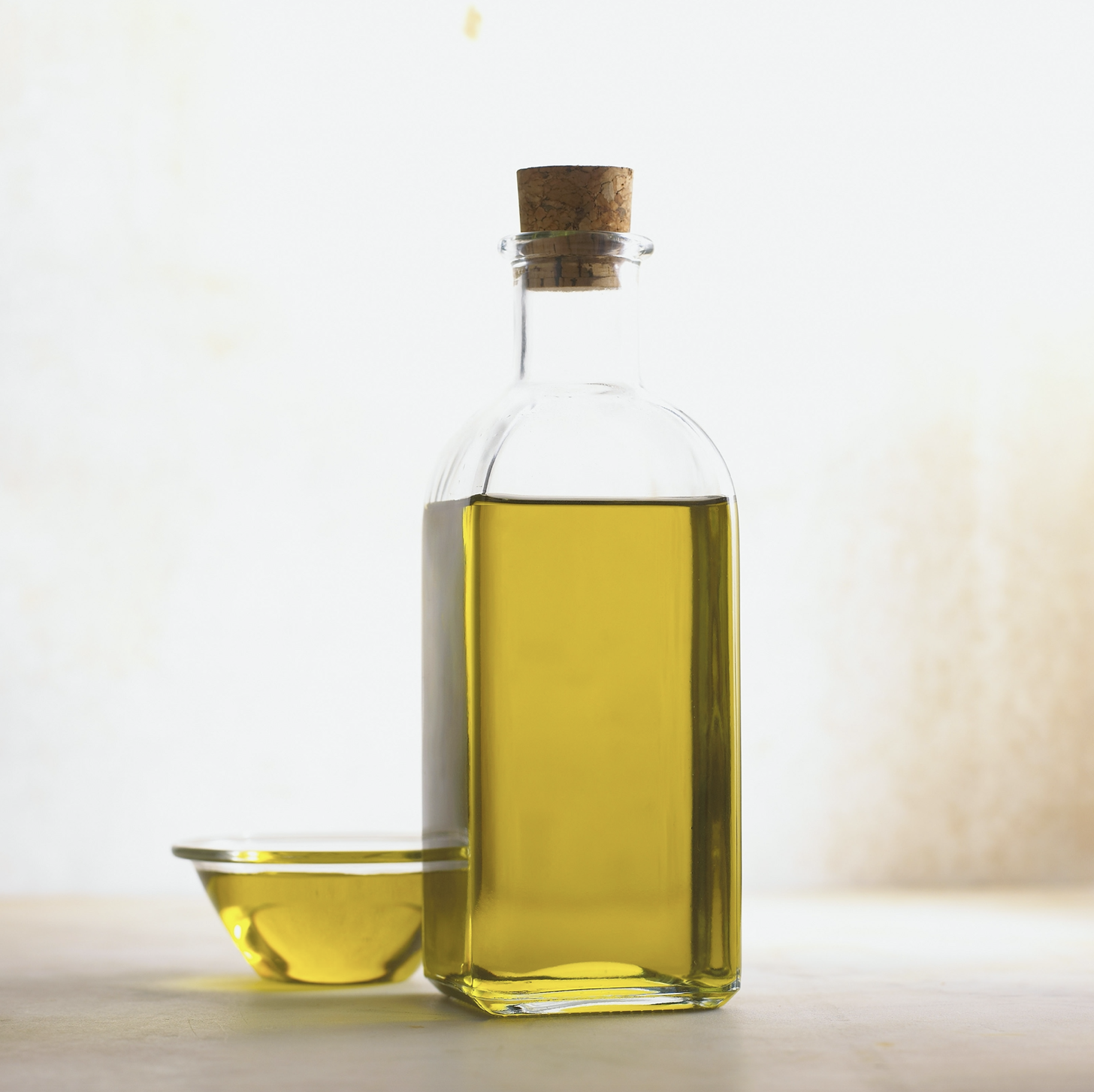
Wikimedia Commons
Although the Yale Hospitality Food Conversation events have moved to a virtual format, an olive oil tasting this Monday was still able to teach students about the importance of olive oil and give them the skill to find their preferred olive oils for cooking.
Hosted over Zoom, the event began with moderator Daniela Puglielli, producer of the Mediterranean Diet Roundtable, a conference emphasizing the health benefits of the mediterranean diet. Puglielli introduced Tassos Kyriakides ’99 YSPH, organizer of the Yale Olive Oil Institute, a symposium discussing the health benefits of olive oil, and David Neuman, a professional olive oil taster accredited by the olive oil school Organizzazione Nazionale Assaggiatori Olio di Oliva in Italy.
Neuman led students in the tasting of five different olive oils that students on the Zoom received in their tasting kits, which were shipped to them prior to the event. The event then ended with a Q&A period where participants could ask both Kyriakides and Neuman questions.
“You have to look for a bottle that suits you,” Neuman said. “Get the bottle home and open it up and do the tasting. You are going to have to use your best instincts.”
Neuman focused on teaching students a generalized process to taste olive oils that they could apply to their own lives after the event. The five oils that students tasted had a wide range of flavors, some edible and others not in order to demonstrate the variability in the olive oils. The oils ranged from “extra virgin” if the oil was good, “virgin” if the oil had some defects, and “lampante,” which means lamp oil and is used to describe inedible olive oil.
Neuman’s process involved warming the oil, smelling the oil, tasting the oil and then “slurping” if the oil tasted good. After tasting each oil, Neuman discussed the characteristics of the oil distinguishing each one from the next.
“Olive oil does not have to be certified,” Neuman said. “We do not have what’s called a standard of identity. A lot of foods do have a standard of identity but olive oil is not one of them in America.”
For this reason, Neuman emphasized that bottle labels may not necessarily be accurate and that students should use the methods they learned in Monday’s webinar to determine the quality of olive oil for themselves.
Kyriakides also discussed the health benefits of olive oil.
“It spans anywhere from cardiovascular and coronary heart disease to cancer both for treatment and prevention, diabetes, and various other endocrine and metabolic syndromes,” Kyriakides said. “You get protection of blood lipids from oxidicity of stress and we know that oxidicity of stress in the lipids that circulate in our system are the reason for a lot of these conditions.”
Kyriakides emphasized that these health benefits of olive oil result from the consumption of one-and-a-half to two tablespoons per day. Kyriakides further added that olive oil has environmental benefits and stated that one olive tree can offset about twenty-five pounds of carbon dioxide.
Although Food Conversations has been a Yale Hospitality event series in the past, this is the first year where the events have had to be held in a virtual format.
“An essential part of our Food Conversations is, of course – the food!,” Julie Carrion, Yale Hospitality executive chef wrote in an email to the News. “But how would we be able to safely provide our students with a literal ‘taste’? To overcome this difficulty, our culinary team prepared experiential boxes using freshly prepared ingredients in safe packaging, which we provided to 75 students at each event.”
Although the event was capped at 75 students, 137 students registered.
One attendee, Christelle Ramos, senior manager of marketing and communications at Yale Hospitality, found the event to be enjoyable despite the virtual format. She said that she hoped students would enjoy the food and expand their food palate through these events.
“I was personally able to develop my knowledge of the olive tree’s sustainable impact in addition to learning proper oil tasting techniques which I can’t wait to try on my own!” Ramos wrote in an email to the News.
Yale Hospitality hosted another Food Conversations event on Nov. 10.
Sanchita Kedia | sanchita.kedia@yale.edu








